Partners
The Centre for Human Rights provides advice, support and membership for the work of other organisations engaging in the protection of human rights around the world.
These partnerships are formed to create synergistic networks to develop opportunities for the enhancing of human rights knowledge and the sharing of knowledge on approaches to best practice. We identify appropriate bid applications for our work on different aspects of human rights promotion and protection. We will adopt a strategic approach in funding applications and identify appropriate awarding bodies. We provide advice, workshops, and seminars, to promote best-practice to further safeguarding human rights around the world.
If you are interested in partnering with the Centre for Human Rights to develop a project to help promote and protect human rights, please get in touch with the Associate Director for Partners, Dr Amna Nazir: amna.nazir@bcu.ac.uk
*Please note that not all of our partners are disclosed for security reasons.
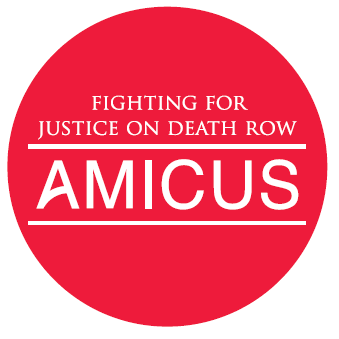
Amicus is the UK’s leading charity that provides training for representation for those facing the death penalty in the United States. Its primary aim is to provide better access to justice and raise awareness of potential abuses of defendants' rights. Professor Jon Yorke and Dr Alice Storey provide the teaching sessions during the Amicus Training on the subject of ‘International Law and the Death Penalty.’
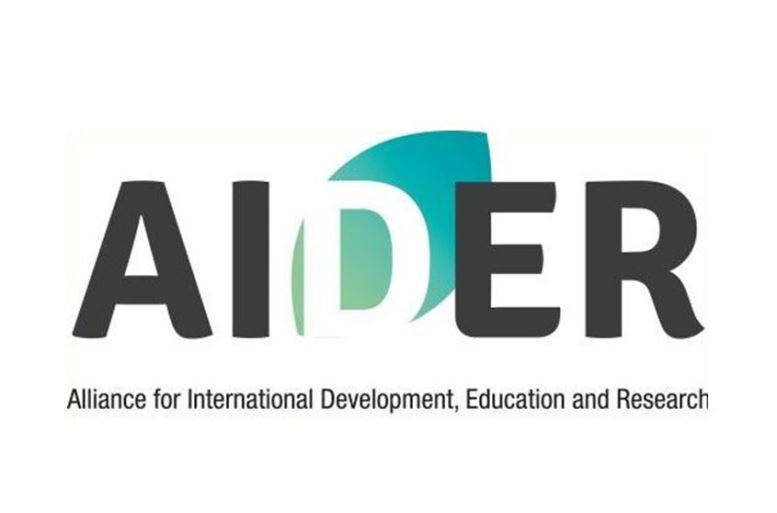
The Alliance for International Development, Education and Research (AIDER) is a UK based international consortium of specialists, providing consultancy services with expert knowledge in law, business, education, international development, policy analysis and security consultancy. AIDER works with clients and partners in West Africa and in particular The Gambia, Senegal and Ghana.
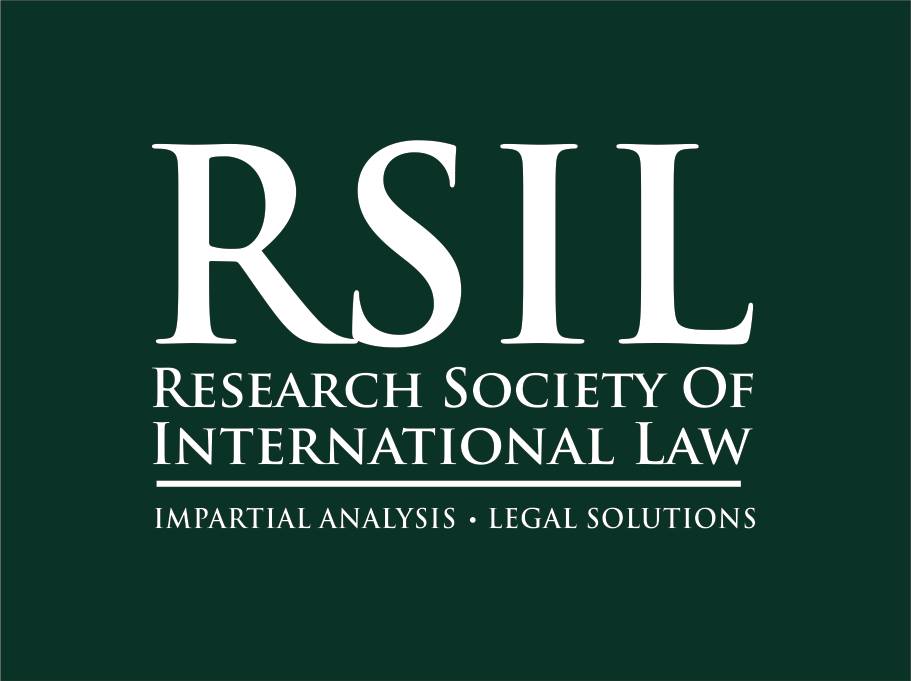
The Research Society of International Law is a private sector research and policy institution based in Pakistan whose mission is to conduct research on the intersection between international law and the Pakistani legal context. RSIL engages in academic research, policy analysis and capacity building in order to inform the discourse on issues of national and international importance from a legal perspective and effect positive change in the domestic legal space.
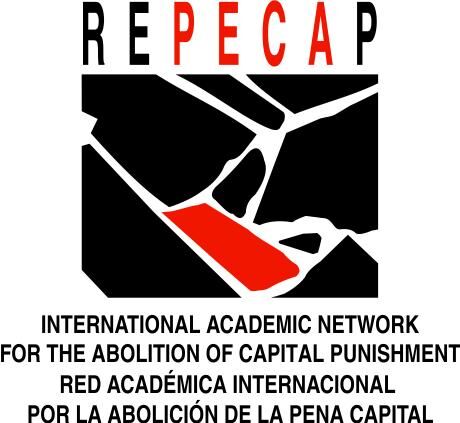
The International Academic Network Against the Death Penalty was founded in 2009 with the aim of supporting preparations for the creation of the International Commission against the Death Penalty that was created a year later. The Network sets out to bring together the best academic specialists on the abolition of the death penalty.
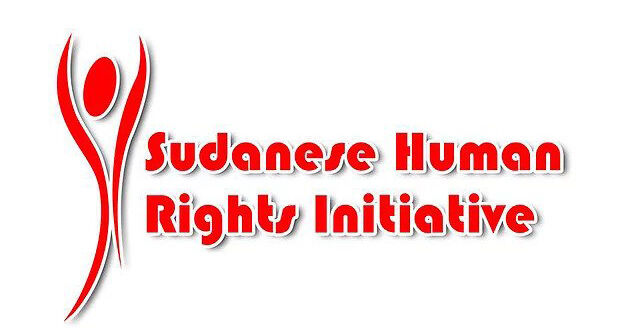
SHRI is a nongovernmental Sudanese organization founded by Sudanese lawyers in 2008, in response to human rights violations committed by the state. SHRI was established with the goal to defend the rights of Sudanese people and to build the capacities of Sudanese civil society to do the same. SHRI has now more than 500 members, and an expansive network of lawyers, human rights defenders and journalists.
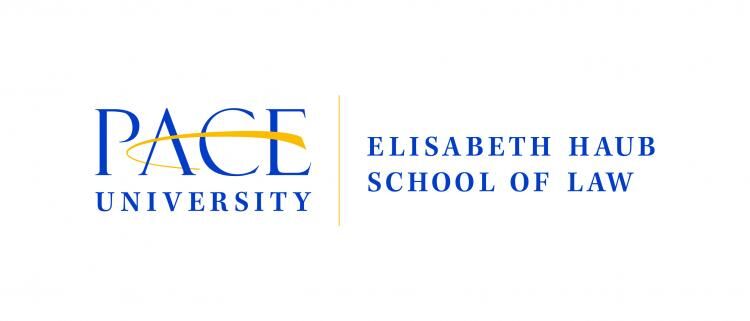
The Elisabeth Haub School of Law at Pace University in New York is ranked #1 in Environmental Law by US News and World Report, and offers a J.D. program with concentrations in a variety of areas, including criminal law and procedure. The Law School is home to the Pace Criminal Justice Institute, which generates educational opportunities for students and promotes interdisciplinary collaboration among scholars, policymakers and practitioners locally, nationally and internationally. This includes partnering with CHR’s UPR Project at BCU.